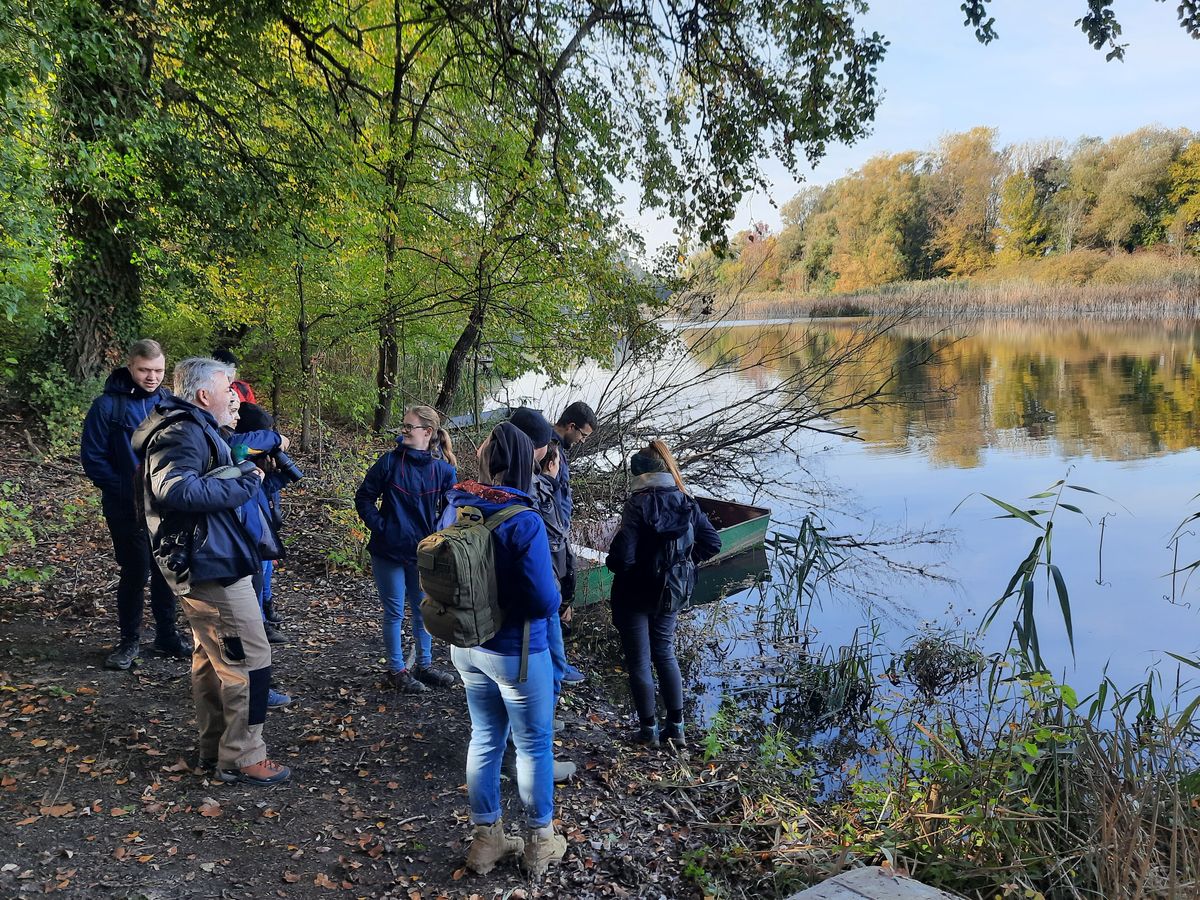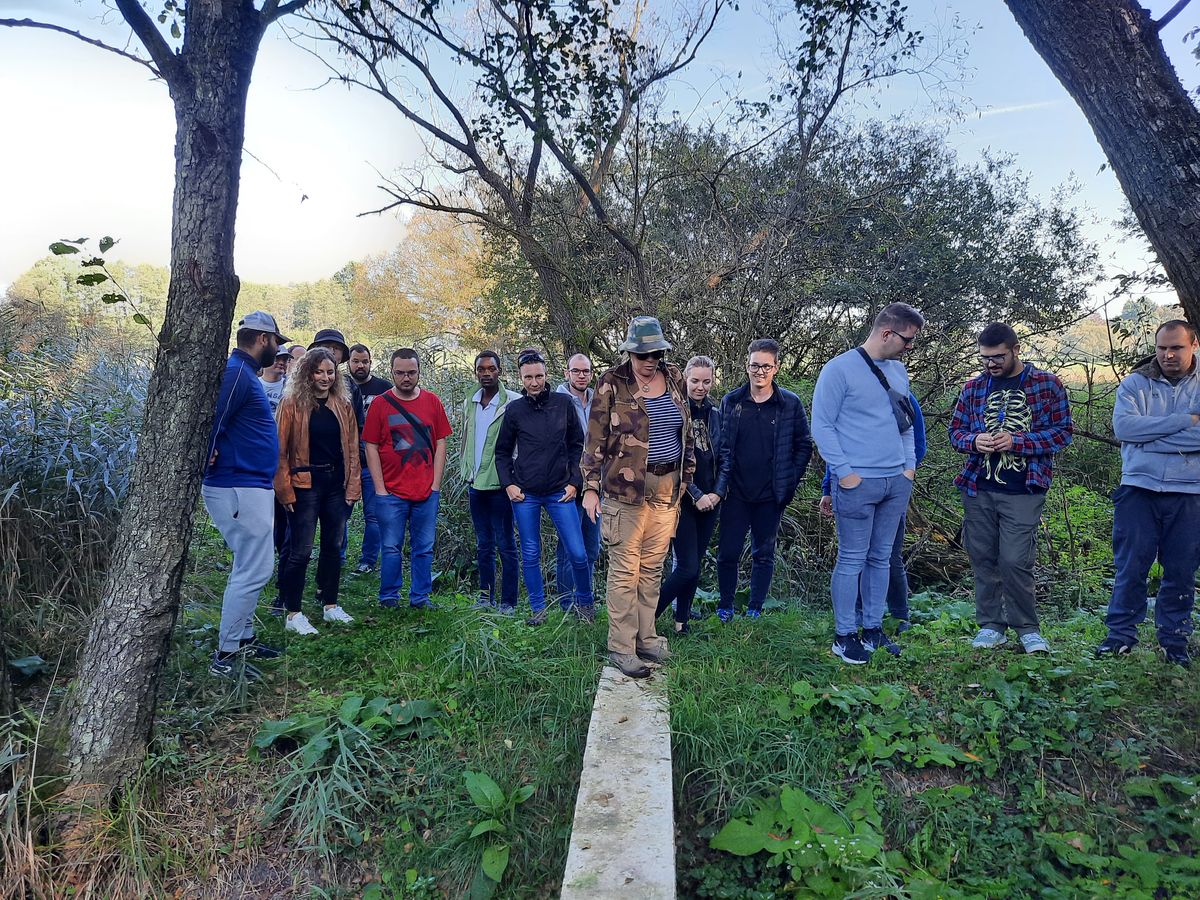lifelineMDD - University students and professors visited the TBR MDD with WWF Hungary
21-12-2022
WWF Hungary organized three field study visits to the TBR MDD area to improve the connections between professionals of different fields. The participants experienced the results of previous projects and gained new knowledge about the implementation of river restoration techniques and difficulties that can arise in practice
Three universities in Hungary were invited to join the call of WWF Hungary who presented former and ongoing river restoration activities on the territory of TBR MDD, especially along the Hungarian section of the river Drava.
The first two-day long field visit was on 22–23 September, when 40 students and professors of the Hungarian University of Agriculture and Life Sciences participated. A river restoration site of the Danube near Báta and a part of Gemenc Forest was visited and guided by Attila Mórocz, the local ranger of Danube–Drava National Park. The last location on the first day was the Liberty Island at Mohács where a largescale side branch restoration had been realized between 2009 and 2013.

During the second day the revitalization of he Old Drava side branch at Barcs was presented, followed by two restoration sites of the ongoing WiseDrava Life project: the Heresznye side channel reconnection and water retention measures in Lankóc forest near Gyékényes village.
The students and professors of the National University of Public Service and University of Pécs participated in two field visits on 7th and 21st of October. The one-day-long study trips allowed them to visit locations along the Dráva: the Old Drava LIFE and WiseDrava LIFE project sites at Heresznye and in Lankóc Forest. Due to proximity, the students from Pécs had a possibility to stop also at Vízvár where a population of the protected aquatic snail, Amphimelania holandri inhabits the groyne and in the training centre of Danube–Drava National Park.
During the field visits nature conservation engineers, water engineers and biology students got to know the Drava area, its natural values, environmental problems and threats and current countermeasures to reduce riverbed incision, improve the hydrological conditions of the floodplain and develop a dynamic river and diverse habitats. It was a unique opportunity for over 80 students to get to know the MDD Biosphere Reserve itself which made a deep impression and inevitably will be decisive for their future work and life.

